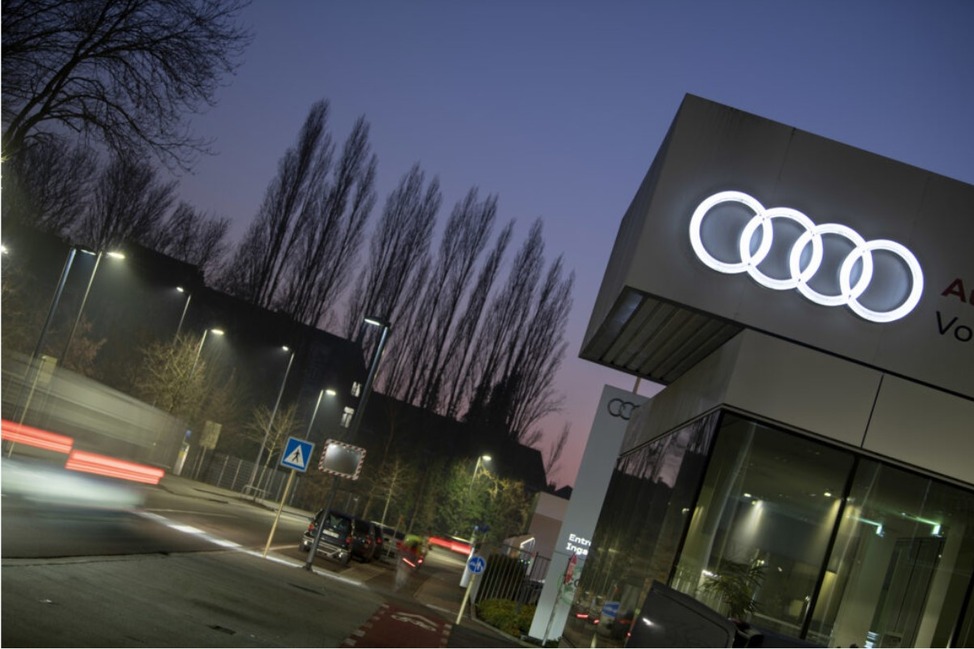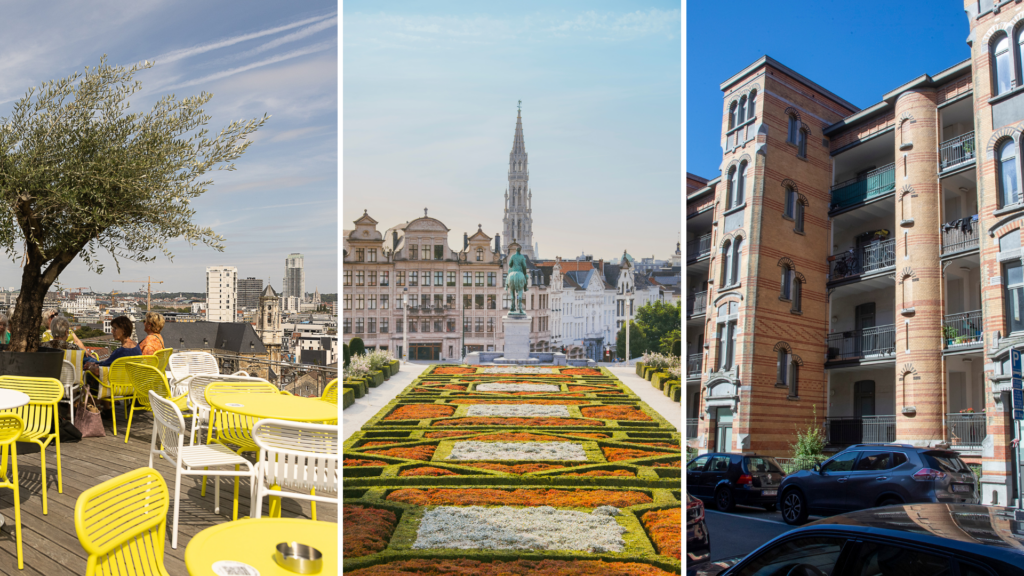Is Brussels becoming better? Although many responses would be subjective, the question can be viewed objectively as well.
Regional policies have taken the initiative to overhaul not just the capital’s appearance but in doing so, how those within it interact with their environment and each other. Though aesthetic sensibilities might vary from person to person, few would deny that the pedestrian boulevards and reclaimed green zones in the city centre are immeasurably more pleasant than the traffic arteries they were not long ago.
Today, the thought of the Grand Place as a car park is a bit zany. And whilst it hasn’t been without opposition along the way, the Brussels DNA does seem to be shifting, with care taken to recognise and preserve what makes the city perform on the metrics of practicality, comfort, and public health, rather than sacrificing “softer” attributes on the alter of commerce.
With Brussels notoriously fractured between local, regional and national authorities, many of the improvements are down to the framework brought in by the Good Living policy and orchestrated by the State Secretary for Town Planning and Heritage – since June Ans Persoons.
The project, that includes the oftentimes divisive Good Move traffic plan and Metro Line 3, spreads its roots in construction works and urban redesigns across the city and should deliver a better city for all residents. But although the policy is capable of delivering a more pleasant living space, less certain is whether it can protect the less affluent neighbourhoods from being priced out, as the redeveloped areas become more desirable.
The sceptre of gentrification hangs over popular cities around the world, and Good Living itself is limited in its power to keep Brussels affordable for all. This much Persoons acknowledges, vocal in her support for a minimum level of social housing and regulations to suppress rapid leaps in the property market. But such safeguards go beyond Persoons’ office and so long as property is viewed as an investment before a place to live, the problem will keep growing.
What do you think? Let @Orlando_tbt know.
Belgium in Brief is a free daily roundup of the top stories to get you through your coffee break conversations. To receive it straight to your inbox every day, sign up below:
1. 'Pushed out': Will city improvements make Brussels unaffordable?
The Brussels Government is on a mission to make the region more liveable, however the rising cost of housing raises the question of who will be able to afford to live there. Read more.
2. Audi Brussels workers in Forest on strike on Monday

Credit: Belga
Several hundred workers at the Audi Brussels plant in Forest did not return to work this Monday morning at 06:00, announced Grégory Dascotte, FGTB permanent representative. Read more.
3. Georges-Louis Bouchez set to serve another year as MR leader
Georges-Louis Bouchez is set to have his tenure as president of the French-speaking liberal party Mouvement Réformateur (MR) extended by a year. Read more.
4. 'A monstrous pervert': Senior Brussels police official accused of sexual harassment
A senior Brussels police official has been placed under formal investigation after he was accused of abusing his position to obtain sexual favours from "dozens" of female colleagues. Read more.
5. Brussels ranks in top 50 cities in the world
For the second year in a row, Brussels has ranked among the world’s top 50 cities in a ranking created by tourism and real estate communications company Resonance Consulting. Read more.
6. Very few Belgians opt for four-day work week despite 2022 Labour Deal
The November 2022 Labour Deal gave employees the opportunity to work four days a week instead of the traditional five to allow for a greater work-life balance. But both Belgian employees and employers have been slow to adopt the new work pattern. Read more.
7. Belgian Army suffering from high training dropout rate
Last year, an average of four recruits left the Belgian Army each day, Het Nieuwsblad reports. Military union ACMP attributes this trend to the Ministry of Defence's own shortcomings. Read more.

